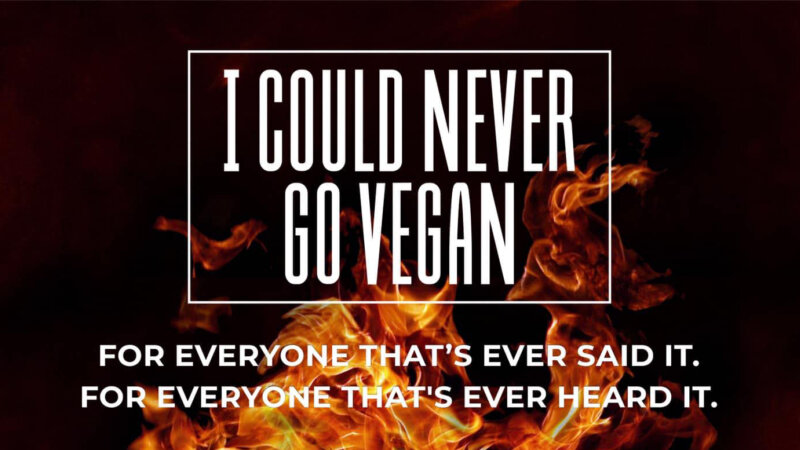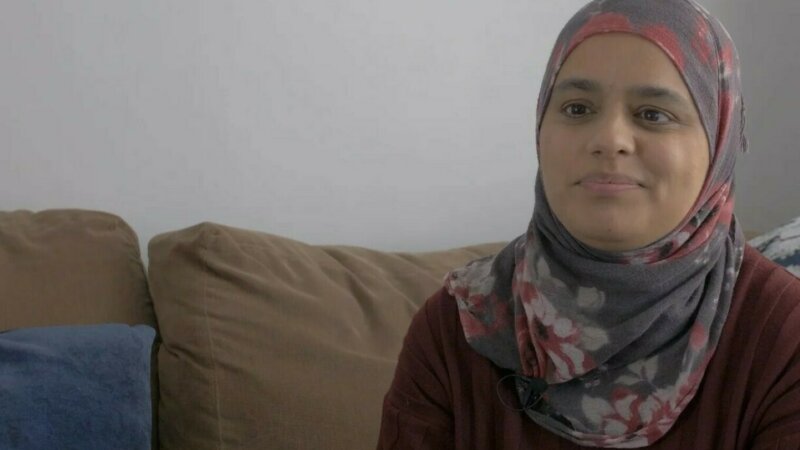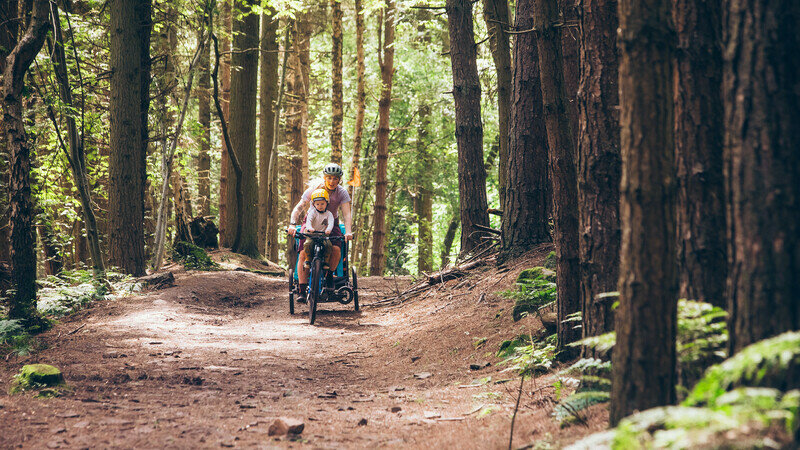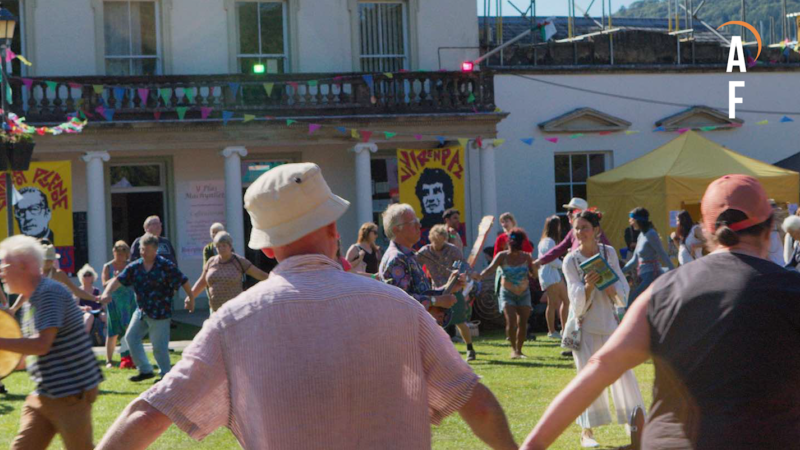Filmreel
Doc/Fest 2017: The Lives of Others
Some of 2017's most interesting films were especially thought-provoking in respect of our desire to know about the lives of others, whether human or other-than-human. Many of them foregrounded issues of relationality, and complexities around the notion that relationships always involve fluctuations of power, and always exclude neutrality or so-called objectivity. While perhaps unsurprising for a documentary festival, these themes were especially evident in Doc/Fest 2017, with many films focused on particularly psychological issues and ideas.
Still Tomorrow (dir. Jian Fan) showed the frustrations protagonist Yu Xiuhua faces due both to her socioeconomic situation and her cerebral palsy. A beautiful, well-paced and touching portrayal of aspects of her life alongside her rise to fame as a poet, Still Tomorrow is often deeply poignant. The frequent sense of distance between her and those around her – reflected in her poems, woven into the film throughout, both orally and on-screen – is underscored by a devastating loss she experiences, and by the relationship with her husband of some 20 years.
The unbridgeable nature of their divide is indicated in her husband’s defensive response to the filmmaker’s questions about whether he ever texts Yu Xiuhua, rather than calling her weekly. Carefully suggesting her husband is most likely illiterate, this speaks volumes about the couple’s frustrations with one another – it seeming as impossible for her to grasp the realities of her husband’s life as a seasonal migrant labourer as it is for him to understand her relationship with literature and language, and her talent as a poet.
Yu Xiuhua’s is an arranged marriage, the consequences of which are also important to A Suitable Girl (dir. Smriti Mundhra & Sarita Khurana), in which dashed expectations, compromises and wider family relationships are gently yet critically explored. Other festival films exploring the complexities of family relationships include the stunning and inspiring Even When I Fall (dir. Sky Neal & Kate McLarnon), which considers the impact of childhood trafficking on reunited Nepali families; Wolfe (dir. Claire Randall), whose ‘talking head’ tells of others’ responses to his mental health issues; and Alone (dir. Garrett Bradley), meditating on the difficulties of having a fiancé behind bars.
The Work (dir. Jairus McLeary & Gethin Aldous) – a huge festival success, winning the Doc Audience Award – provides a fascinating insight into the uses of group therapy behind prison walls, where, annually, members of the public work alongside inmates to deal with their demons. Again, the film is careful to offer us vignettes of the group dynamics that allow us to make our own connections, but also shape our experience of the men on whom we focus. General recurring themes emerge, encapsulated perhaps in the torment of one inmate who cries, "I don’t know how to be…", and one facilitator’s comment that ‘it’s all about the fatherless sons’. While the film gently complicates this latter claim, it clearly suggests that the difficulty of being-in-the-world is what links the inmates and the visitors in their odyssey of aspiring self-discovery.
Both Out Of Thin Air (dir. Dylan Howitt) and Lindy Lou, Juror Number 2 (dir. Florent Vassault) show not just the complexity of ‘knowing’ other people, but that nothing is ever what it seems. Each works superbly with slow reveals – the former revealing the shocking extent to which human minds are malleable under pressure, the latter focusing on the importance of shared experiences in (co)creating the self. Both are concerned with the role of memory. A key participant in Out Of Thin Air comments that ‘memory is such a fickle thing’, which takes on a huge resonance as the film’s incredible story unfolds. Lindy Lou takes solace from other jurors’ memories of their service, most horrified not by views that differ from her own, but by the fellow ex-juror who barely even remembers sentencing a man to death.
A River Below (dir. Mark Grieco) also works with multi-layered revelations, intertwining celebrity and criminality, and laying bare the ethical complexities of both conservation and documentary filmmaking. The Last Animals (dir. Kate Brooks) focuses as much on non-human as human animals, telling parallel stories of the beings we’re hunting to extinction and the humans who work to protect them, identifying contemporary groups of elephants with the ‘refugees’ we’re now so used to seeing on screen.
Do Donkeys Act? (dir. Ashley Sabin & David Redmon) shows multiple aspects of non-human experience from a more experimental angle. Its poetic presentation of scenes and characters from three donkey sanctuaries, and its allusions to its protagonists maltreatment at the hands of humans, represent both knowable and unknowable aspects of the experiences of individuals who are not human but whose lives are hugely shaped by us and our treatment not just of them, but of our shared environment. In this sense, it has much in common with The Last Animals, despite being a very different type of film.
Taking questions from enraptured fans at a Q&A session, Yu Xiuhua’s answer to 'what makes her happy' is: "As to how to be a happy woman, I don’t have any experience. I can’t tell you." The camera pans across the audience as their faces fall, their realisation of the enormity of the sadness and isolation felt by the poet they so admire is almost palpable. This reflects our response as viewers, realising that while documentaries provide insights into the lives of others, we cannot fully know another, and our experience of others – whether through film, VR or in daily life – can only ever be partial.
SAMANTHA HOLLAND
------
FILM LISTINGS
BABY DRIVER Edgar Wright, USA, 2017 Wed 28 Jun - Thu 13 Jul | Various times | Showroom | £8.80, £6.60 From the director of Shaun Of The Dead comes a music-driven action comedy revolving around a talented young getaway driver. A doomed bank heist, a strong soundtrack and a stellar cast amount to what promises to be another gem from Wright. Link EDITH WALKS (+ Q&A) Andrew Kitting, UK, 2016 Fri 7 Jul | 6:30pm | Showroom | £8.80, £6.60 Experimental documentary maker Andrew Kitting takes us on a 108-mile pilgrimage from Waltham Abbey to St Leonards-On-Sea, the aim being to reconnect lovers King Harold and Edith Swan Neck after a 950-year separation. Preceded by animated short Forgotten The Queen. Link RAIN THE COLOUR OF BLUE WITH A LITTLE RED IN IT Christopher Kirkley, Niger, 2015 Mon 3 Jul | Opens 8pm | Floating Cinema, Victoria Quays | Free Set in Niger, this film has been described as 'purple rain in the desert'. A universal tale of a young aspiring musician trying to make it big, it's an unusual homage to Prince and his 1984 hit film, featuring original music performed by real-life musician Mdou Moctar. Link WHALE RIDER Niki Caro, New Zealand, 2002 Sat 8 Jul | Opens 8pm | Swinton Lock Activity Centre | Free Sat 15 Jul | Opens 8pm | Doncaster Town Lock | Free Shot on location in Whangara, Whale Rider is the story of a 12-year-old Maori girl who believes she should become chief of her tribe. Tradition dictates the chief must be a man. In this visually-stunning tale, we follow her journey on land and sea. Link )
Filed under:





